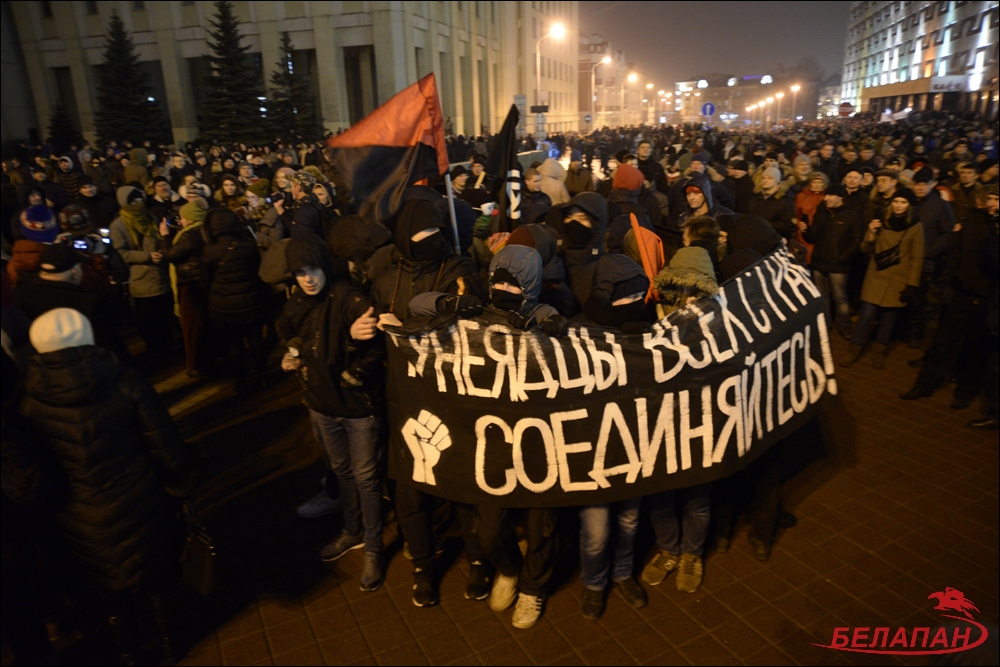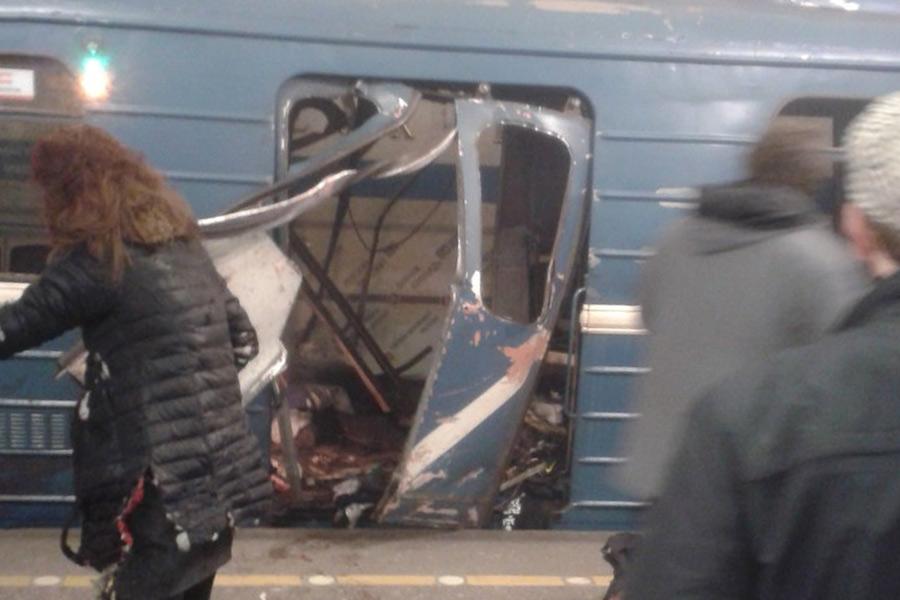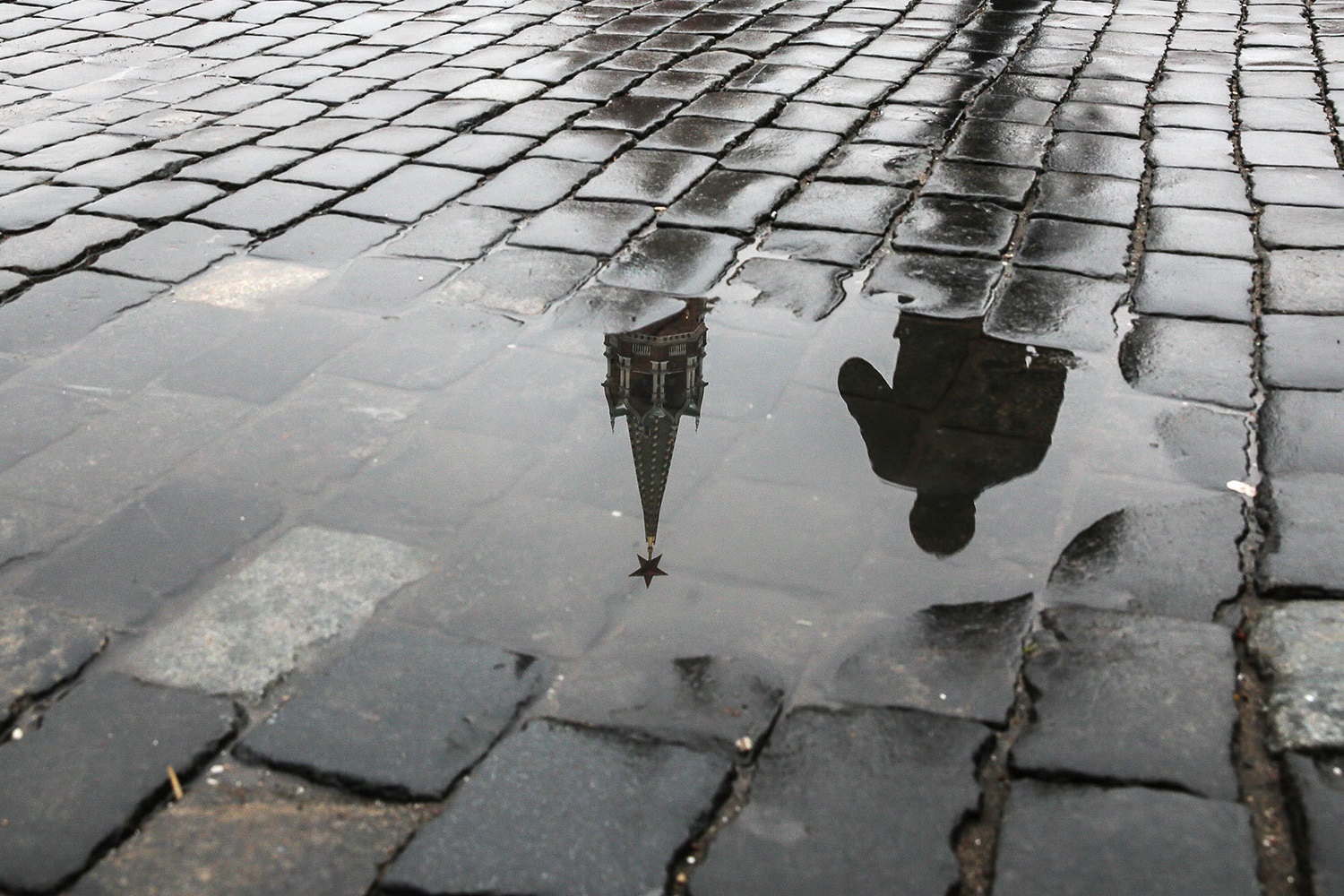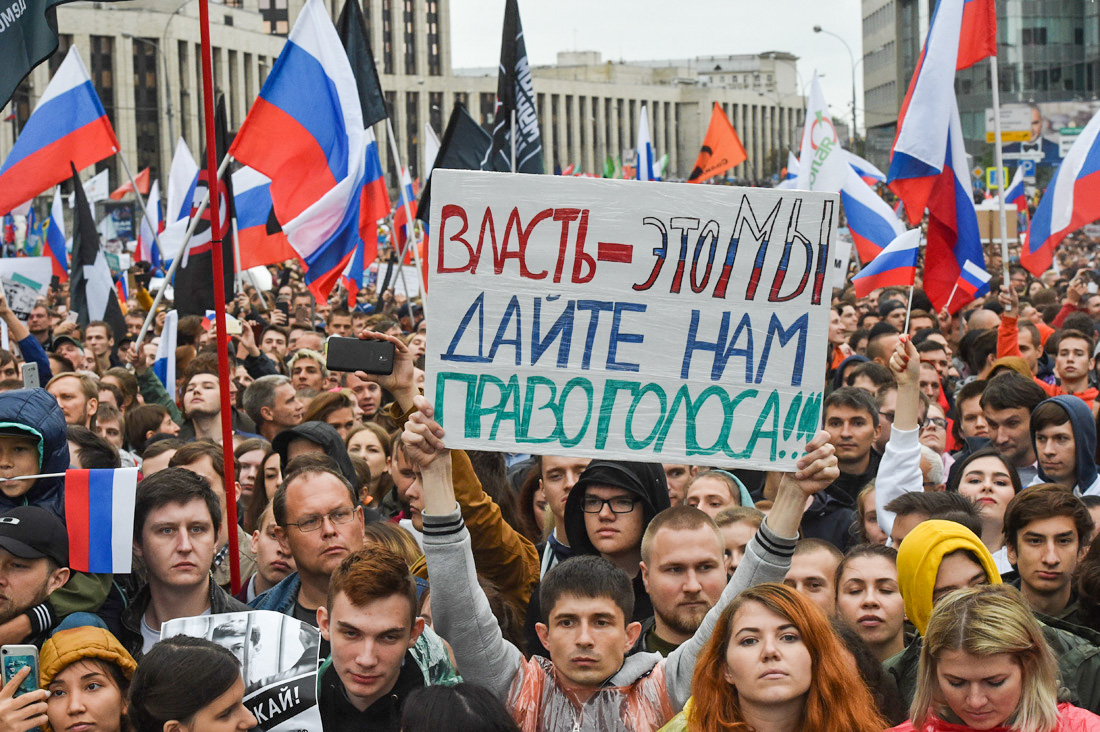Street protests in Belarus show that “people are more angered by the arbitrary behavior of the bosses and the worsening of their personal standard of living than by something more broadly political,” Maxim Kalashnikov says. And that makes them “the prototype” for demonstrations that are already taking place across Russia.

In a commentary in today’s Komsomolskaya Pravda, the Moscow commentator says this pattern of protesting small things and not focusing on large slogans should frighten the authorities and be taken into consideration by the opposition “especially in the year of the centennial of two Russian revolutions.”
As yesterday’s marches in memory of Boris Nemtsov, Kalashnikov continues, “an attempt by the old liberal opposition to rouse people with slogans of ‘the Bolotnaya type’ [a reference to the 2011-2012 protests against the falsification of Russian elections] no longer leads to a breakthrough of any kind.”
Thus, Russians are protesting plans to hand St. Isaac’s back to the Moscow Patriarchate, they have come out against construction plans that would harm the Pulkovo observatory, they have demonstrated against rising prices for water, heat, electricity and gas. And these meetings taken together involve far more than marched yesterday.
Kalashnikov says that he is confident in asserting that the more people have to pay for basic services, the angrier they will become, and the more ready they will be to go into the streets to try to force the powers that be to change course.
Russians are patient, but they will not be patient forever; and if they see that they are being impoverished with no hope of betterment, they will take matters into their own hands.
Russians will protest any action that hits them in their pocketbooks, Kalashnikov says; and once they are roused for that reason, they may then begin to think of bigger issues, just as appears to be happening in Belarus.
Related:
- 'Stop feeding Moscow!' - slogan of next Russian revolution, St. Petersburg regionalist says
- Putin's Russia pursuing 'survival by paradox,' Shevtsova says
- Putin now fears a threat he helped create - 4,000 Russian citizens fighting for ISIS
- Putin has as much to fear in Belarusian protests as Lukashenka does, Portnikov says





